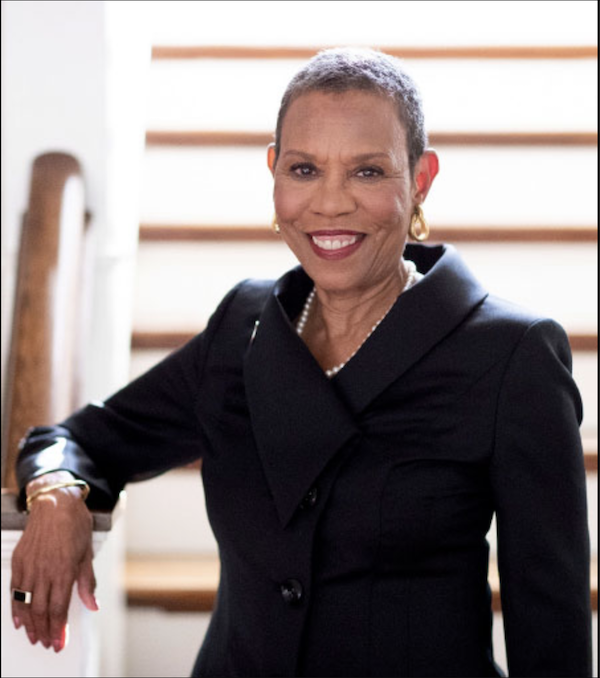Greetings!
Historically Black Colleges and Universities (HBCUs) have been educating black men and women for what will soon enough be 200 years. What is now Cheyney State University near Philadelphia PA was established in 1837.
Lincoln University, founded in 1854, and also in Pennsylvania, is generally recognized as the first HBCU to grant college degrees. It was followed by Ohio’s Wilberforce College [now Wilberforce University] in 1856. Founded by the African Methodist Episcopal Church, Wilberforce was the first HBCU operated by African Americans.
After the Civil War, dozens of HBCUs sprung up across the country, principally in the South, which was then home to about 90% of black Americans.
HBCUs today appear to be enjoying a rediscovery by many. Affordability is no doubt a factor. Higher college graduation rates are another. But the most enduring value proposition of HBCUs may lie in its deep connections to the black community. The atmosphere of family, community, and caring concern evident on so many HBCU campuses is undoubtedly key to why so many students learn and succeed at these indispensable institutions. Grounded and nurtured in the rich soil of genuine acceptance and high expectations, is there any wonder that so many community and national leaders claim HBCU affiliation?
One reason that Atlanta has become a mecca of black America and a regional economic powerhouse, and a national cultural pacesetter, is its collection of several HBCUs. One of its best known, and one of the nation’s best colleges, is Spelman College, recognized today as a global leader in the education of black women.
Dr. Mary Schmidt Campbell became Spelman’s 10th president of Spelman College in 2015, an impressively small number for an institution founded in 1881 as the Atlanta Baptist Female Seminary [It became Spelman College in 1924.]

Mary Schmidt Campbell, Ph.D., Spelman College president
Campbell will be speaking today at the City Club of Cleveland in a talk moderated by Jenny Hamel, an education reporter with Ideastream Public Media.
Campbell recently launched Imagine. Invent. Ascend at Spelman as part of the college’s 2022 Strategic Plan. It has been described as “a bold new vision for the College that builds on the College’s legendary legacy to educate black women for the 21st century.”
Highlights of Campbell's distinguished career include directing the Studio Museum in Harlem and leading it to become the museum became the country’s first accredited Black fine arts museum and a linchpin in the redevelopment of Harlem; serving as commissioner of cultural affairs for New York City under two mayors; guiding New York University’s renowned Tisch School of the Arts as dean for over two decades; and a 2009 appointment by President Barack Obama as vice chair of the President’s Committee on the Arts and Humanities. She is currently a fellow of the American Academy of Arts and Sciences.
Tickets for Campbell’s appearance at the City Club forum can be reserved by calling 216.621.0082. COVID safety protocols are in place, including a required proof of vaccination.
The forum may be watched live here.
In important news from yesterday:
- Constance Hill-Johnson is the new Chairperson of the Board of Directors of the Cleveland Foundation.
- Alesha Washington is leaving the Gund Foundation to become president and CEO of the Seattle Foundation.
RELATED:
Black college presidents had a tough balancing act during the civil rights era
This week's HEALTH WEDNESDAY stories are here.
As always, stay safe and thanks for reading The Real Deal Press!
R. T. Andrews
• • •• • •













